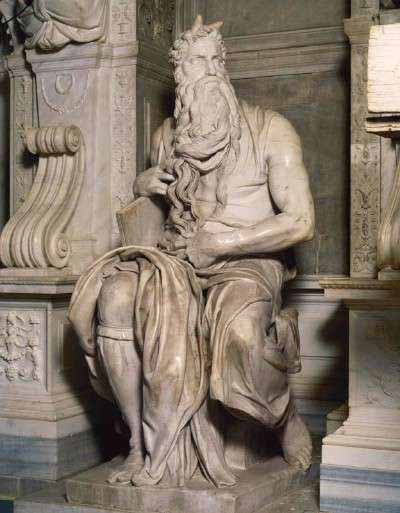120514 - Deuteronomy 03-04 - Pisgah and Horeb
Monday SOAP: Two mountains - Pisgah and Horeb - show powerful reasons for honoring God and His Law. Moses, himself the penman of the Law, suffers greatly because he cannot keep the spirit of it. (Deut 6:5; Lev. 19:18) This implies the holiness of the ultimate Source as well as the coming fulfillment and End (telos) of it. (Matt. 5:17; Romans 10:4)
S: “And I pleaded with the LORD at that time, saying, ‘O Lord GOD, you have only begun to show your servant your greatness and your mighty hand. For what god is there in heaven or on earth who can do such works and mighty acts as yours? Please let me go over and see the good land beyond the Jordan, that good hill country and Lebanon.’ But the LORD was angry with me because of you and would not listen to me. And the LORD said to me, ‘Enough from you; do not speak to me of this matter again. Go up to the top of Pisgah and lift up your eyes westward and northward and southward and eastward, and look at it with your eyes, for you shall not go over this Jordan. (Deuteronomy 3:23-27)
See, I have taught you statutes and rules, as the LORD my God commanded me, that you should do them in the land that you are entering to take possession of it. Keep them and do them, for that will be your wisdom and your understanding in the sight of the peoples, who, when they hear all these statutes, will say, ‘Surely this great nation is a wise and understanding people.’ For what great nation is there that has a god so near to it as the LORD our God is to us, whenever we call upon him? And what great nation is there, that has statutes and rules so righteous as all this law that I set before you today? (Deuteronomy 4:5-8)
O: God Himself points to the perfection of the Law given at Mt. Horeb as a proof of His existence. The Mt. Pisgah experience also makes a good proof, in a backhanded sort of way: Moses, the one who received the law was not himself able to keep it.

A: Who could, or would, invent a code of law like this, which is universal in application, above the reasonable reproach of any culture for these 3500 years, yet so impossible for the best of men to keep? (John 7:19, Acts 7:53) Connotatively, the Law of Moses is not just the Ten Commandments, nor just the 613-odd laws contained in the Torah, but the entire Torah. Moses, the writer himself, doesn't come off so well and ends on such a sad note. It's no wonder he appears in Pilgrim's Progress as a swift and merciless opponent to the character Faithful: "The law was given through Moses, grace and truth were realized through Jesus Christ."
P: And Father, I will add that only by your Spirit would those who have been relieved of bearing the penalty of the Law end up becoming the ones through whom its righteousness is fulfilled.
Comments